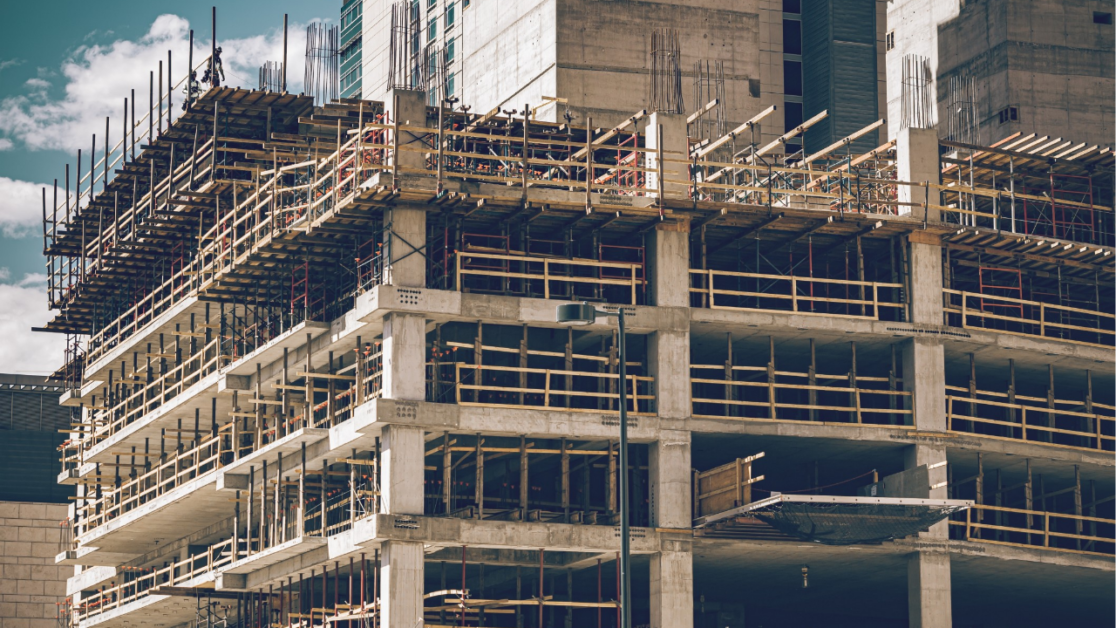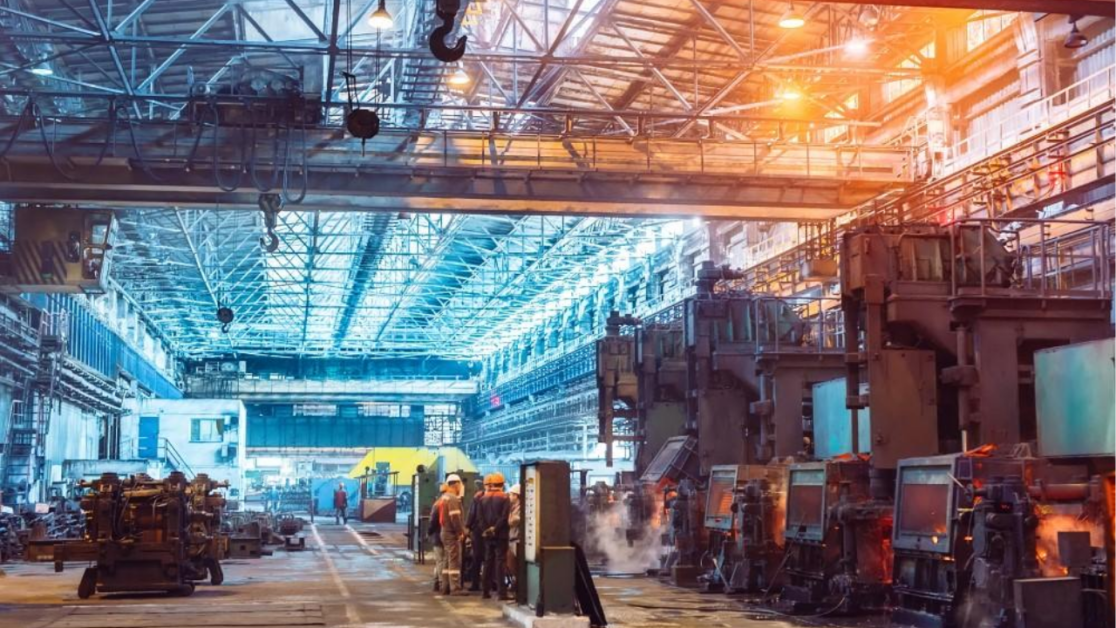Building construction and renovation are complex processes that require a multitude of materials, labor, and expertise. Among the various materials used in building construction, metal fabrication stands out as a necessary component. Industrial metal fabrication involves the transformation of raw metal into custom-made products and components . Which play an important role in building construction and renovation. In this blog, we will explore the role of fabrication in building construction and renovation, its benefits, and how it contributes to the success of construction projects.
Understanding Industrial Metal Fabrication
Industrial & metal fabrication is the process of creating metal structures by cutting, bending, and assembling various metal parts. This process can involve a wide range of metals, including steel, aluminum, copper, and various alloys. The fabrication process typically includes several stages:
- Design and Engineering: This initial phase involves creating detailed blueprints and 3D models of the metal components.
- Cutting: Using various techniques such as laser cutting, plasma cutting, or waterjet cutting to shape the metal according to specifications.
- Forming: Bending or shaping the metal into the desired form using press brakes, roll-forming machines, or other specialized equipment.
- Welding: joining metal pieces together to create larger structures or components.
- Finishing: applying surface treatments such as painting, powder coating, or galvanization to protect the metal and enhance its appearance.
- Quality Control: rigorous testing and inspection to ensure the fabricated parts meet all specifications and quality standards.

The Role of Industrial & Metal Fabrication in Building Construction
Industrial metal fabrication major part , that contributes to the creation of safe, durable, and aesthetically pleasing structures. Here are some examples of how fabrication contributes to building construction:
Structural Integrity: Metal frames and structural components, fabricated through fabrication, provide the necessary support and stability to buildings. They help distribute loads evenly, ensuring that buildings can withstand various environmental conditions, such as wind, earthquakes, and extreme temperatures.
Roofing and Cladding: Our industrial metal fabrication expertise enables us to craft high-quality roofing and cladding components, including gutters, downspouts, and wall panels. By installing these components, we can safeguard buildings from harsh weather conditions, prevent water damage, and ensure a comfortable indoor environment.
Decorative Elements: With our metal fabrication capabilities, we can create stunning decorative elements, such as railings, balustrades, and architectural features. These eye-catching additions not only enhance the aesthetic appeal of buildings but also give them a unique identity.
Energy Efficiency: By leveraging our expertise, we can design and manufacture energy-efficient components, such as solar panels, wind turbines, and insulation systems. These innovative solutions help reduce energy consumption, minimize the environmental footprint of buildings, and promote a more sustainable future.

The Role of Fabrication in Building Renovation
They also plays an important role in building renovation, helping to restore and upgrade existing structures. Here are some of how industrial metal fabrication contributes to building renovation:
Repair and Replacement: Metal fabrication is used to repair and replace damaged or corroded metal components, such as structural frames, roofing, and cladding. This helps to restore the structural integrity and aesthetic appeal of buildings.
Upgrades and Modernization: They is used to upgrade and modernize existing buildings, incorporating new technologies and materials. This helps to improve energy efficiency, reduce maintenance costs, and enhance the overall value of buildings. buildings. custom-fabricated steel components can be designed to strengthen existing structures without compromising the original architectural integrity.
Historic Preservation: Metal fabrication is used to restore and preserve historic buildings, ensuring that their original character and integrity are maintained. This involves the use of traditional techniques and materials, such as hand-forged metalwork and historic metal finishes.
Sustainable Renovation: Industrial & metal fabrication is used to create sustainable renovation components, such as recycled metal products and energy-efficient systems. This helps to reduce waste, minimize environmental impact, and promote sustainable building practices. Metal fabrication provides the flexibility to adapt these structures to new requirements, whether it’s converting an old warehouse into modern offices or transforming an industrial building into residential storage..

Benefits of Industrial & Metal Fabrication
Industrial metal fabrication offers numerous benefits in building construction and renovation, including:
Customization: Industrial &metal fabrication offers unparalleled customization capabilities, enabling the creation of bespoke products and components that are meticulously tailored to meet the specific requirements and designs of a building project. This level of customization allows architects and builders to bring their unique visions to life, resulting in structures that are not only visually stunning but also functional and efficient.
Durability: Metal components fabricated through industrial metal fabrication are renowned for their exceptional durability, boasting a remarkable resistance to corrosion and degradation. They are capable of withstanding a wide range of environmental conditions, including extreme temperatures, humidity, and exposure to various chemicals and substances. This remarkable durability is a direct result of the precise manufacturing process employed in metal fabrication.
Cost-Effectiveness: Industrial metal fabrication can help reduce construction costs by minimizing material waste, reducing labor costs, and improving construction efficiency.
Sustainability: They can contribute to sustainable building practices by promoting the use of recycled materials and minimizing environmental impact.
Conclusion
Industrial & metal fabrication play an important role in building construction and renovation, contributing to the creation of safe, durable, and aesthetically pleasing structures. Its benefits, including customization, durability, cost-effectiveness, and sustainability, make it an essential component of the construction process. As the construction industry continues to evolve, industrial metal fabrication will remain a key factor in building construction and renovation . They helping to create innovative, efficient, and sustainable structures that meet the needs of modern society.




amoxil without prescription – https://combamoxi.com/ oral amoxicillin
buy fluconazole for sale – https://gpdifluca.com/ fluconazole 200mg oral
purchase cenforce without prescription – https://cenforcers.com/ buy cenforce 100mg online cheap
cialis generic overnite shipping – https://ciltadgn.com/ buy tadalafil cheap online
price of cialis at walmart – https://strongtadafl.com/ tadalafil and sildenafil taken together
ranitidine sale – on this site buy ranitidine 150mg pills
red pill like viagra – on this site viagra buy tesco
More delight pieces like this would create the web better. este sitio
This website exceedingly has all of the bumf and facts I needed about this subject and didn’t positive who to ask. https://buyfastonl.com/gabapentin.html
This is a question which is virtually to my heart… Diverse thanks! Exactly where can I notice the phone details in the course of questions? https://ursxdol.com/propecia-tablets-online/
More posts like this would add up to the online elbow-room more useful. https://prohnrg.com/product/diltiazem-online/